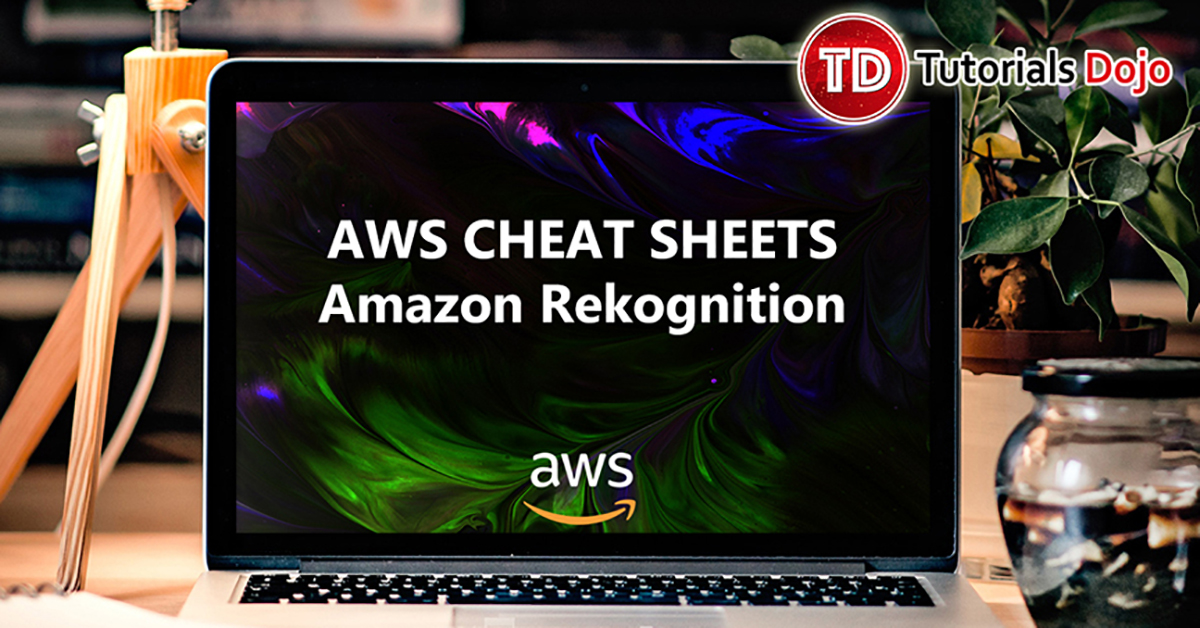AWS Server Migration Service (SMS)
Jon Bonso2024-04-29T06:42:58+00:00Please note that AWS has discontinued the AWS Server Migration Service (AWS SMS). AWS now recommends the AWS Application Migration Service as the primary migration service. Check out this AWS Application Migration Service Cheat Sheet. AWS Server Migration Service Cheat Sheet An agentless service for migrating thousands of on-premises workloads to AWS. This is the enhanced replacement of Amazon EC2 VM Import service. SMS orchestrates server migrations by: automating incremental replication of live server volumes to the AWS cloud allowing customers to schedule replications track the replication progress of a group of servers via Management Console Each server volume replicated [...]










